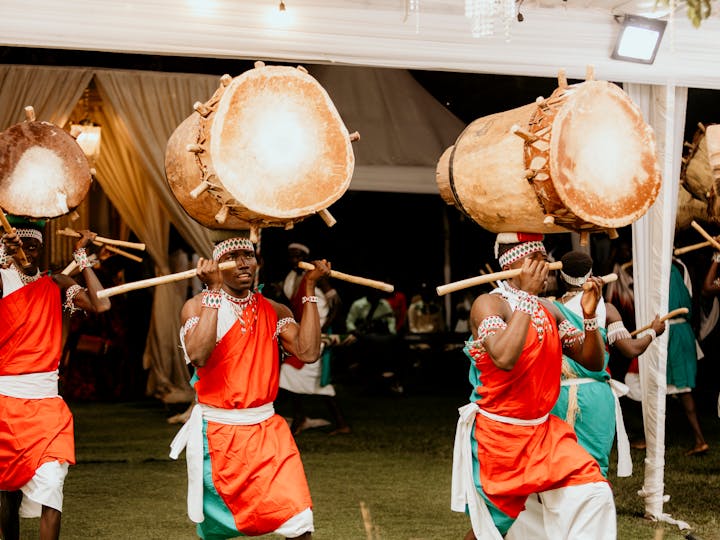Learning the history of the Tongva people and their Gabrielino/Tongva Nation is essential for understanding the broader narrative of the region’s past. As the original inhabitants of the Los Angeles Basin, they have a rich cultural heritage that contributes significantly to the historical context of the area. This article explores the importance of learning their history and its implications for recognizing the true story of the land.
Recognizing the First Inhabitants
The Tongva people are recognized as the first inhabitants of the region. Their presence predates European contact by thousands of years. Understanding Tongva history provides insight into the original cultures that thrived long before colonization. This recognition is crucial for acknowledging the deep roots of Indigenous peoples and their enduring connection to the land.
Impact of Colonization on the Culture
Colonization had a profound impact on the Tongva culture. The arrival of European settlers led to significant disruptions in their way of life, including the loss of land, resources, and traditional practices. Learning about these effects is vital for understanding the historical injustices faced by the people and other Indigenous groups.
Preserving the Language and Traditions
Language is a key component of cultural identity. The Tongva language of the Gabrielino/Tongva Nation, like many Indigenous languages, faced decline due to colonization. Efforts to revive and preserve the language are ongoing and play a critical role in maintaining cultural heritage. Learning about these initiatives fosters appreciation for their efforts to keep their traditions alive and emphasizes the importance of language in cultural continuity.
Contributions to the Region’s Development
The Tongva people made significant contributions to the development of the region. Their knowledge of local ecosystems, agriculture, and sustainable practices shaped the land’s use long before modern development. Recognizing these contributions allows for a more comprehensive understanding of the region’s history and the role Indigenous peoples played in shaping it.
Addressing Historical Injustices
Learning about the history of the people also involves confronting historical injustices. The impact of colonization resulted in the marginalization of Indigenous communities. Acknowledging these injustices is essential for fostering dialogue about reconciliation and healing. It encourages a collective responsibility to address past wrongs and work towards a more equitable future.
Fostering Cultural Awareness
Education about the history of the Tongva people and their Gabrielino/Tongva Nation fosters cultural awareness and respect for Indigenous peoples. Understanding their history encourages appreciation for diverse perspectives and experiences. This awareness is crucial in promoting inclusivity and combating stereotypes that often surround Indigenous communities. By learning about this, individuals can contribute to a more informed and respectful society.
Promoting Reconciliation Through Education
Education serves as a powerful tool for promoting reconciliation. By learning about their history, individuals can engage in meaningful conversations about the past and its implications for the present. This engagement is vital for building bridges between communities and fostering mutual understanding. Education can lead to collaborative efforts to address Indigenous peoples’ needs and rights.
Utilizing Educational Platforms to Deepen Knowledge
Various educational platforms provide resources for those interested in learning more about their history. These platforms offer access to historical documents, cultural narratives, and contemporary issues the community is facing. Engaging with these resources enhances understanding and appreciation of their rich heritage. It also supports ongoing efforts to educate others about the importance of Indigenous histories.
Learning Tongva history is essential for understanding the true story of the land and its original inhabitants, the Gabrielino/Tongva Nation. Recognizing the impact of colonization, preserving language and traditions, and addressing historical injustices are crucial components of this learning process. By fostering cultural awareness and promoting reconciliation, individuals can contribute to a more inclusive narrative that honors the contributions of the people.


